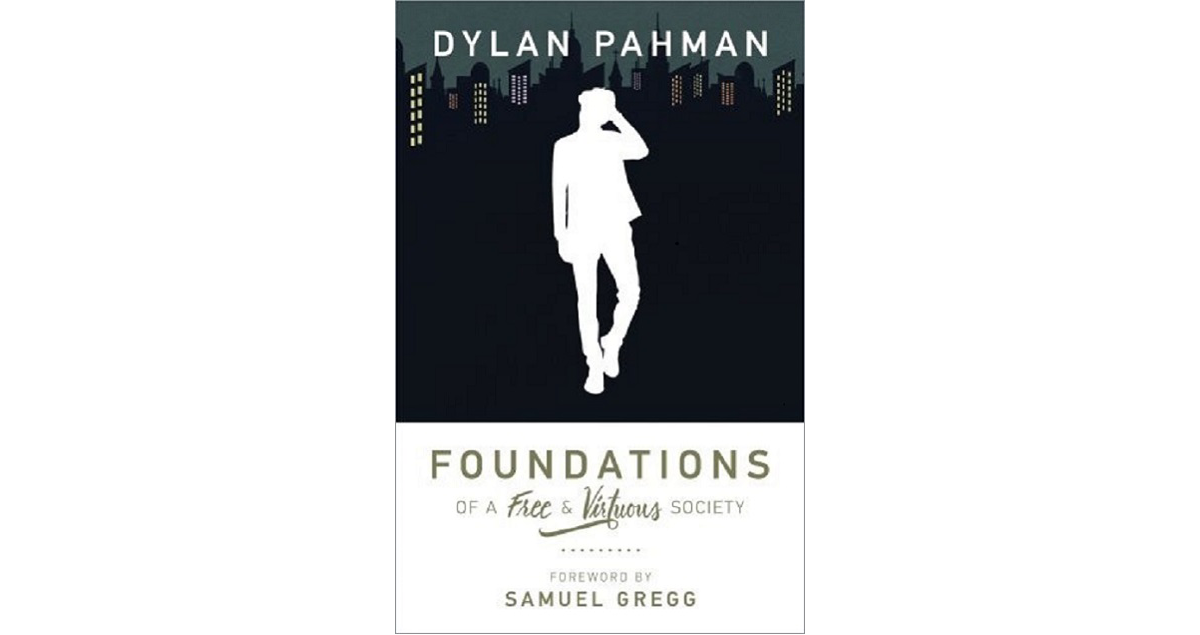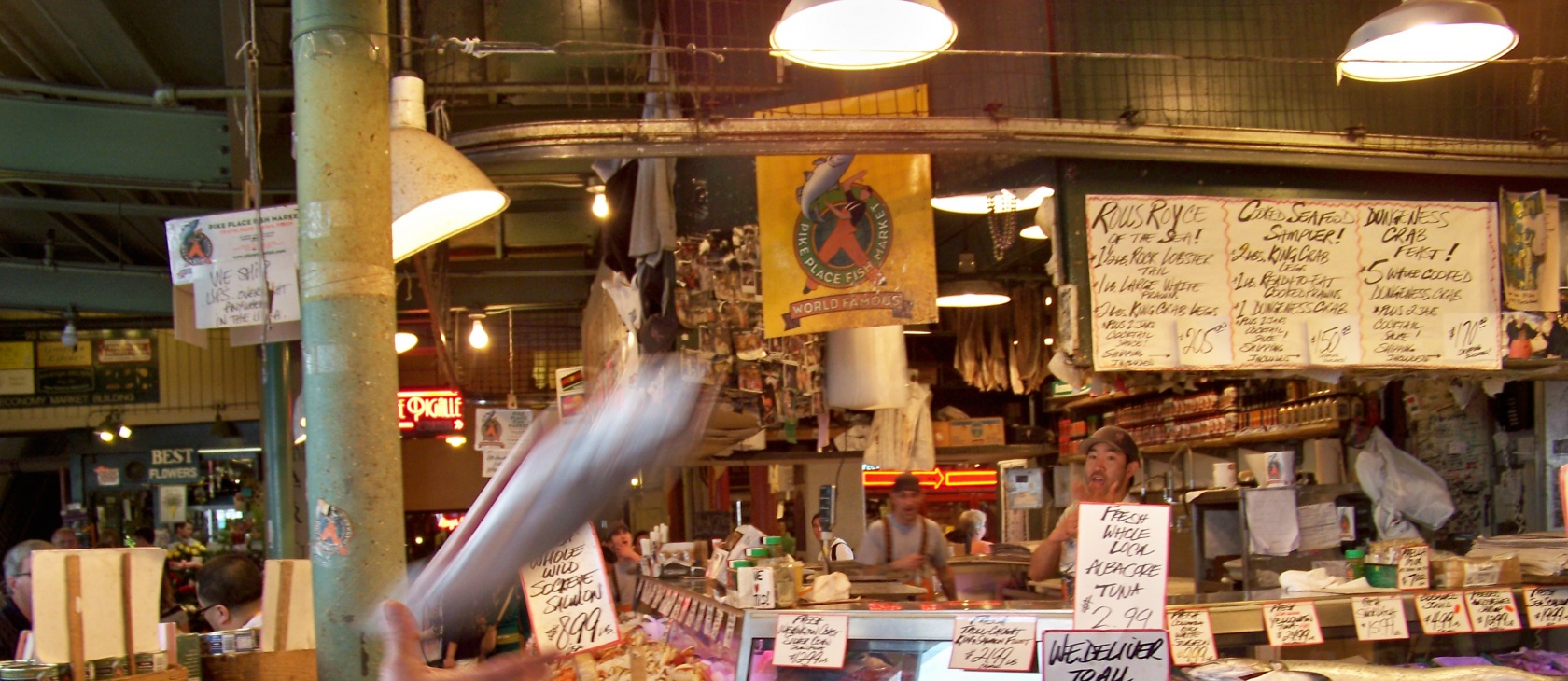“Work,” wrote the Reformed theologian Lester DeKoster, “is the form in which we make ourselves useful to others.” I like this definition because it puts things in a realistic, everyday perspective. Certainly, people can work just because they want a paycheck to spend on themselves alone. That might be greedy, but we need to be careful not to confuse profit with greed.
People work in order to profit, but profit is not good or evil in itself. That judgment depends on the circumstances in which it was gained and the use to which it is put. And as DeKoster points out, our work itself is service to others. If it wasn’t, they wouldn’t pay us to do it in the first place, and most people wouldn’t want to do it for free. It’s an exchange.
The division of labor is the phenomenon that the more the manufacturing of individual components of an eventual, finished product can be broken down into separate jobs, the more efficiently it can be produced. Adam Smith offered the classic example of the pin-maker:
One man draws out the wire, another straightens it, a third cuts it, a fourth points it, a fifth grinds it at the top for receiving the head; to make the head requires two or three distinct operations; to put it on, is a peculiar business, to whiten the pins is another; it is even a trade by itself to put them into the paper; and the important business of making a pin is, in this manner, divided into about eighteen distinct operations, which, in some manufactories, are all performed by distinct hands, though in others the same man will sometimes perform two or three of them.
While he doubts that someone uneducated in pin-making could make more than even one pin a day, and even an experienced worker could make up to twenty at the most, Smith observes that ten persons who have divided the labor in this way produced “about twelve pounds of pins in a day.” How many is that? “There are in a pound upwards of four thousand pins of a middling size. Those ten persons, therefore, could make among them upwards of forty-eight thousand pins in a day.”
When people work together, they are able to multiply the fruits of their labors far beyond what they could each do alone
Another way to think of it is the power of human cooperation. We might say that the division of labor, then, is just Economish (econ-speak) for “teamwork.” When people work together (literally), they are able to multiply the fruits of their labors far beyond what they could each do alone. God made us to flourish in communion with each other. Ten people working alone might be able to produce ten pins total in a single day, maybe up to two hundred (twenty each) if they were really good, but nowhere near forty-eight thousand.
It is worth noting as well that this mass production did not in any way change the quality of the pins produced. Sometimes that is the case with products today, but it is not necessarily true. In this case, it was simply by splitting up the labor required to make a pin into each of its parts and then assigning a single task to each person that made all the difference. Because they could make so many so much faster, they could lower the price to consumers while still making astronomically higher profits. It’s a win-win.
Our world is full of examples of this. Consider the production of a book. If you are reading the print version, the paper came from trees that were felled by bearded lumberjacks wearing red flannel and suspenders (or so I imagine), made into paper in factories, then shipped to a printer. Similarly, the ink for the words and the cover had to be manufactured too. And all of the factories involved used tools that had to be made somewhere else, by someone else, at some time before. All of the vehicles used to transport the capital that would become this book had to be made by people all over the world, working to provide for their families and, unknowingly, to provide this book for you. If you’re using an e-reader, well, there are far more people and resources involved.
Nearly every product, every fruit of the cultivation of creation, connects us with nearly every other human being on the planet. And their collective contributions make this book more affordable while also benefiting more people in the process. (Thanks, guys!) In this way, our work connects us with other people, serves their needs through products and property, provides for us, and fulfills one of the purposes for which God made us.
This commentary was excerpted and adapted from Dylan Pahman’s Foundations of a Free & Virtuous Society (Acton Institute, 2017). The book is currently for sale on Amazon.

Header image used under Creative Commons license (CC BY-ND 2.0). Fair use of the image under the aforementioned license does not imply that the original creator endorses the Acton Institute or its use of said image.



